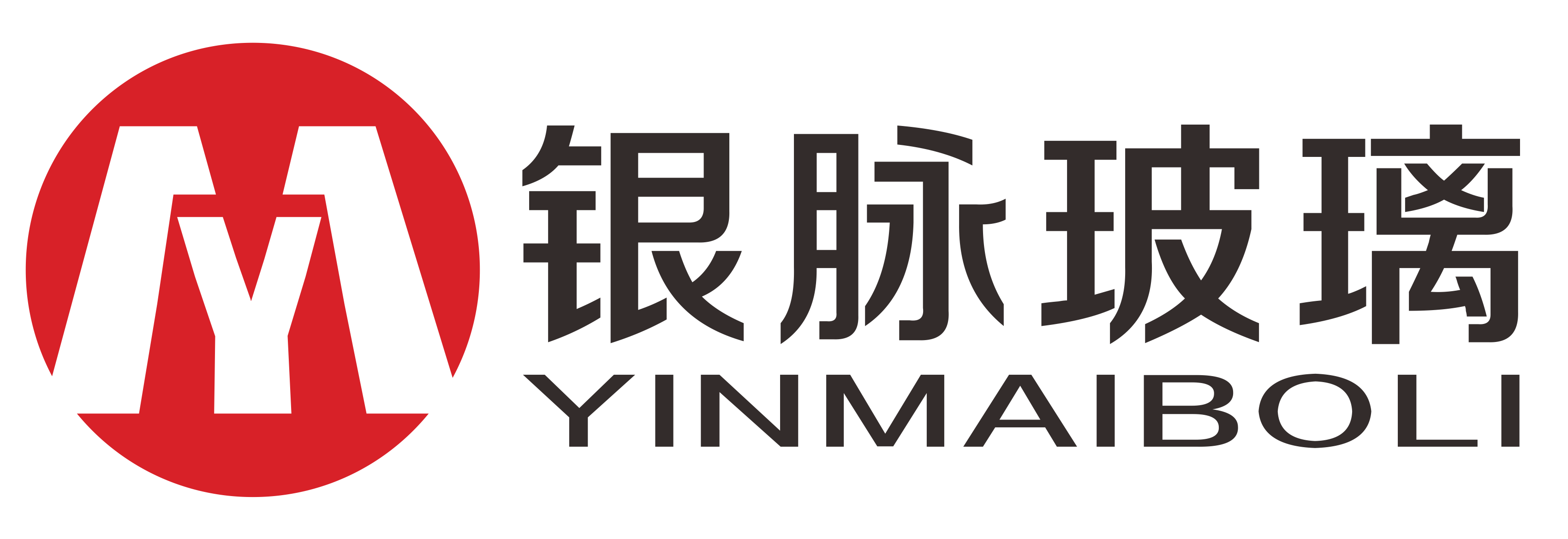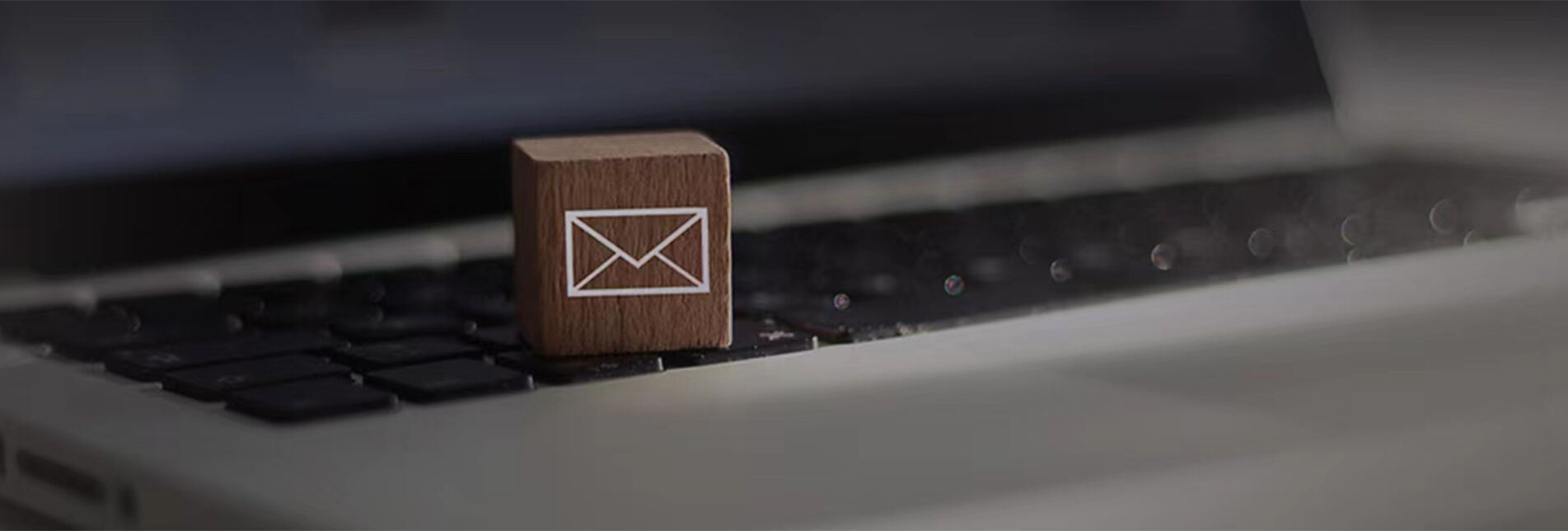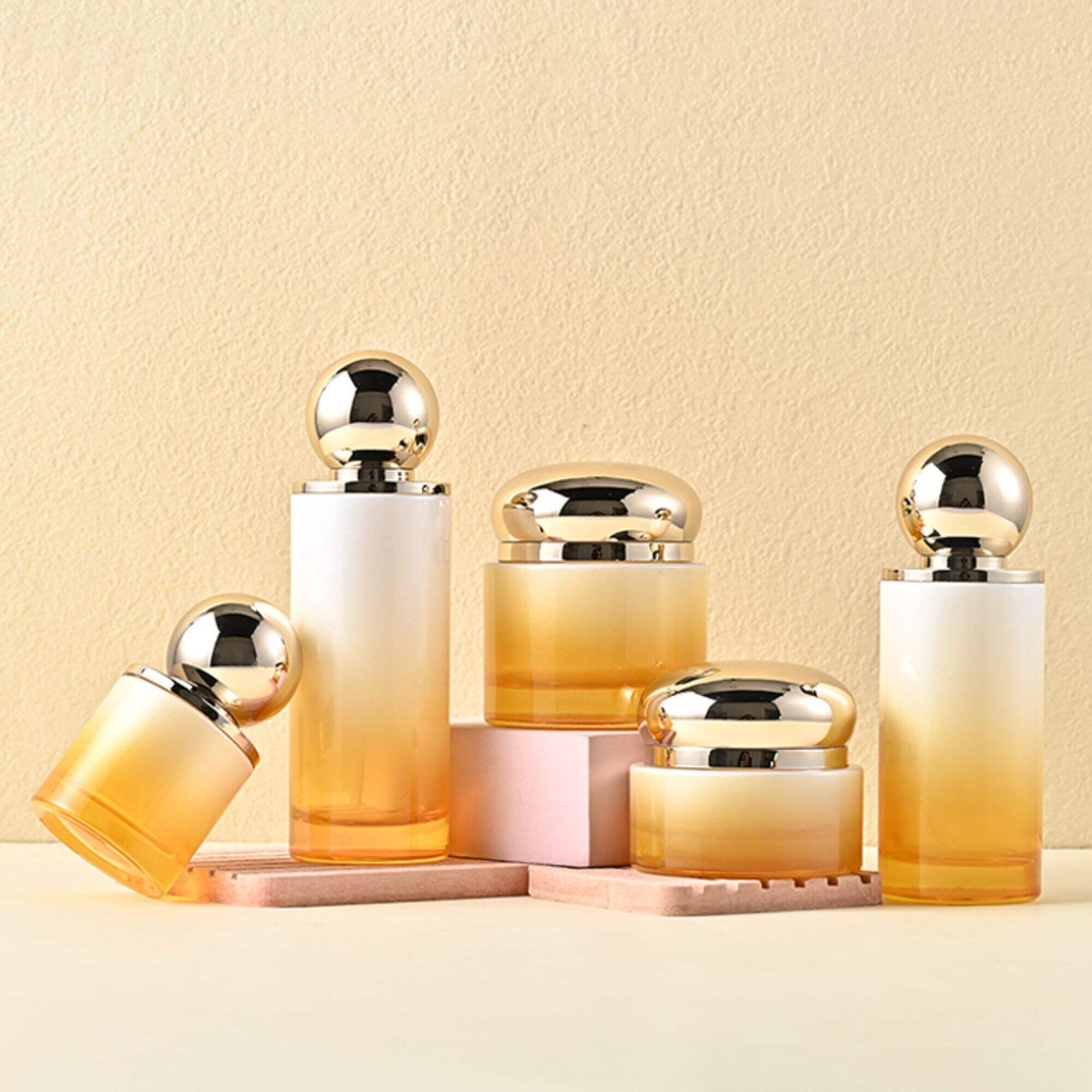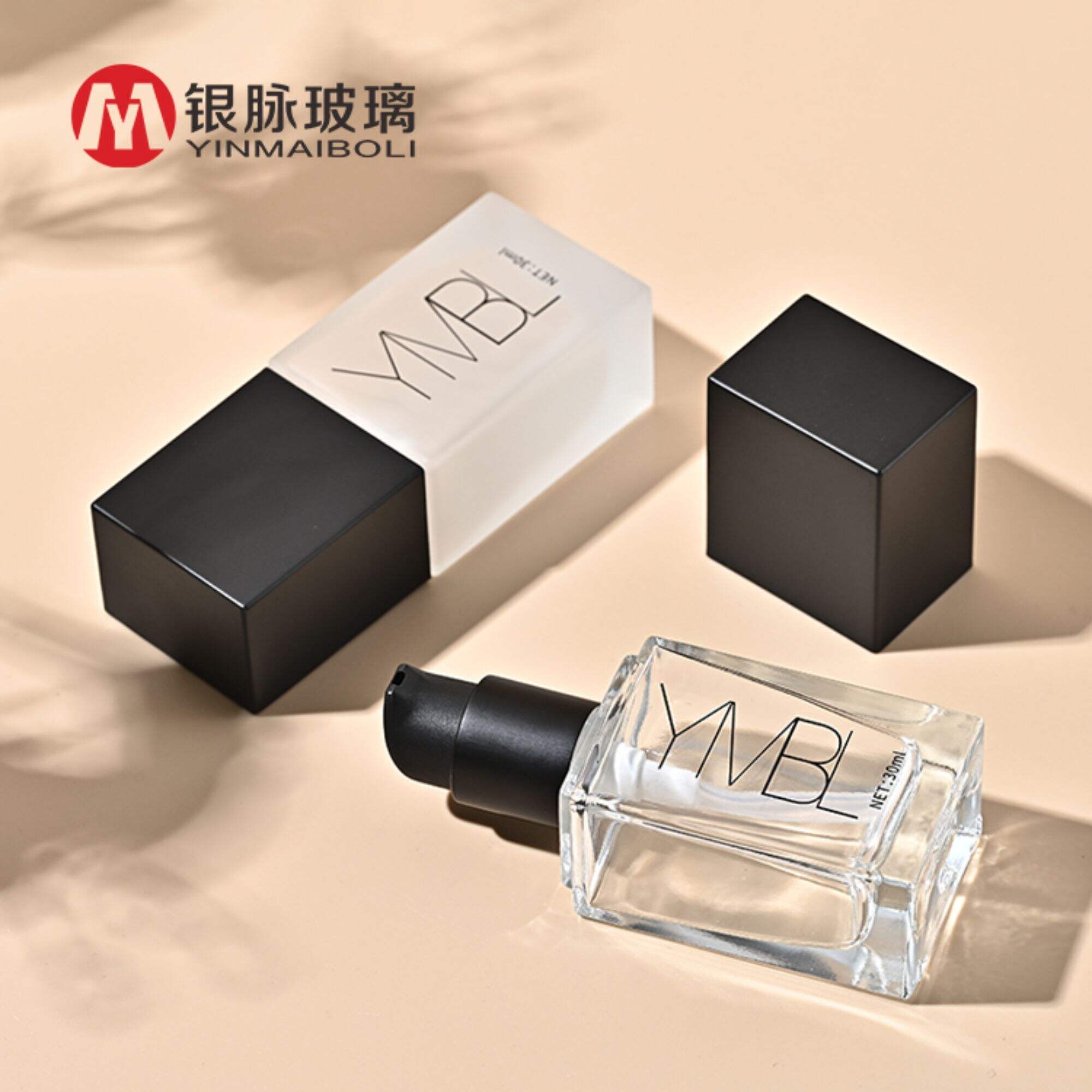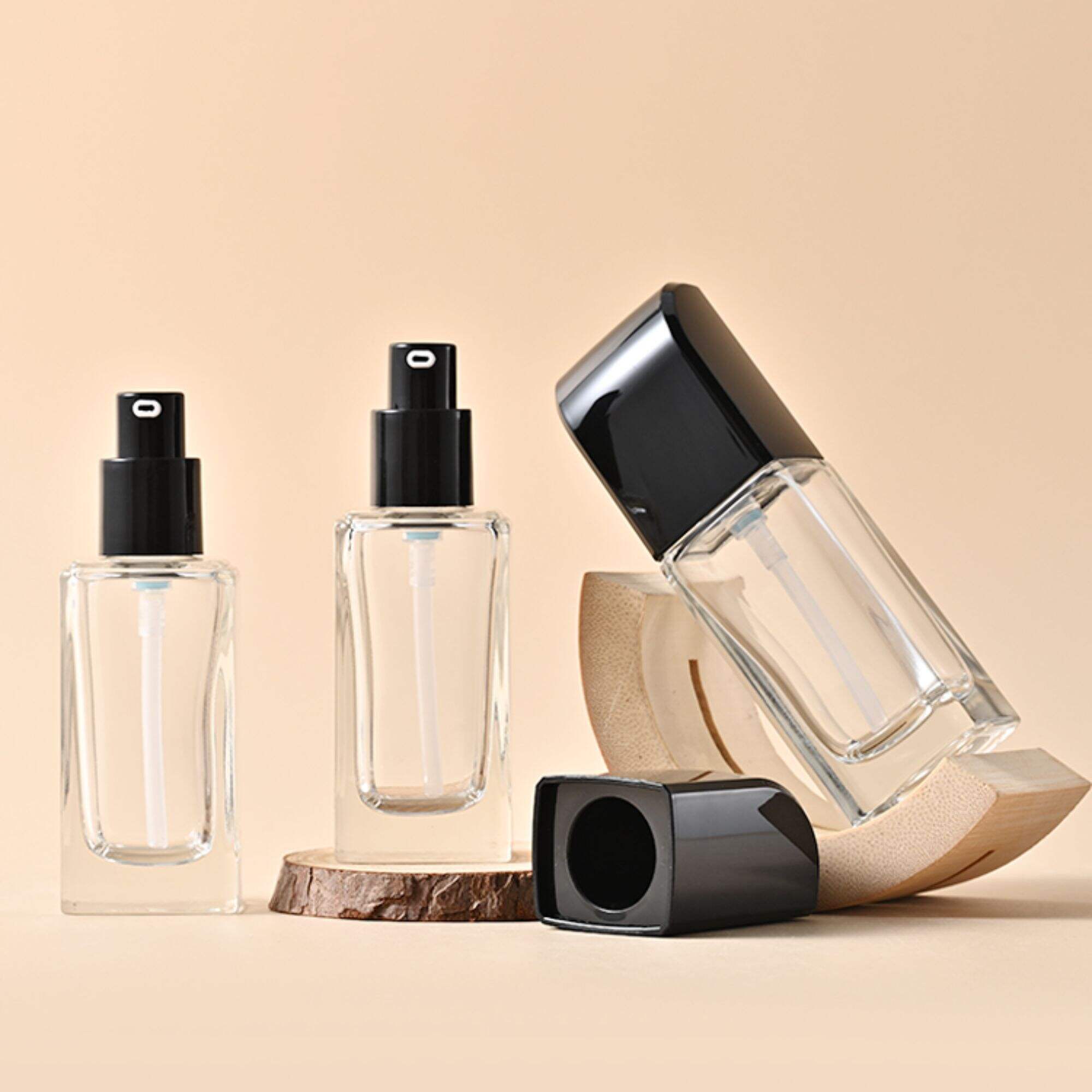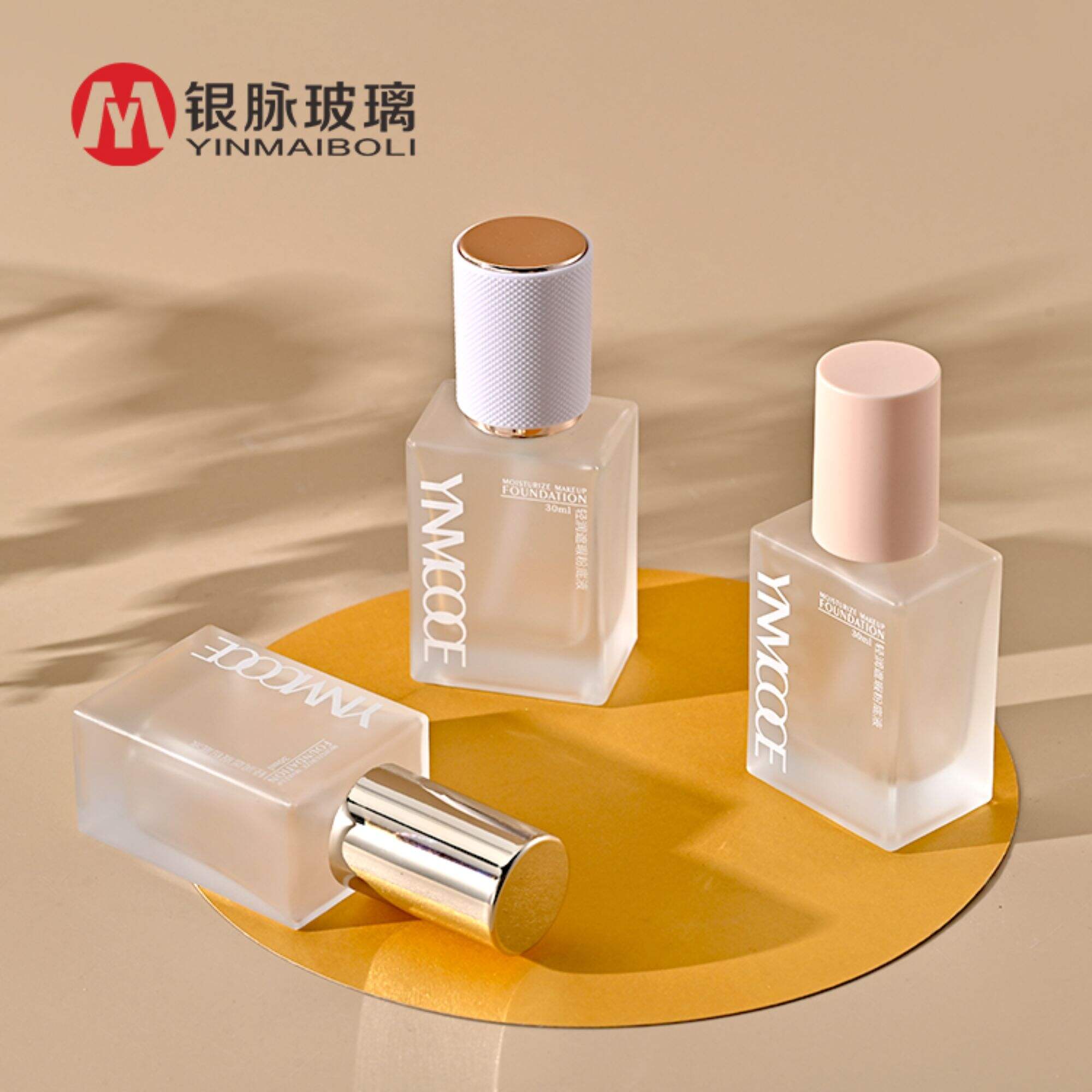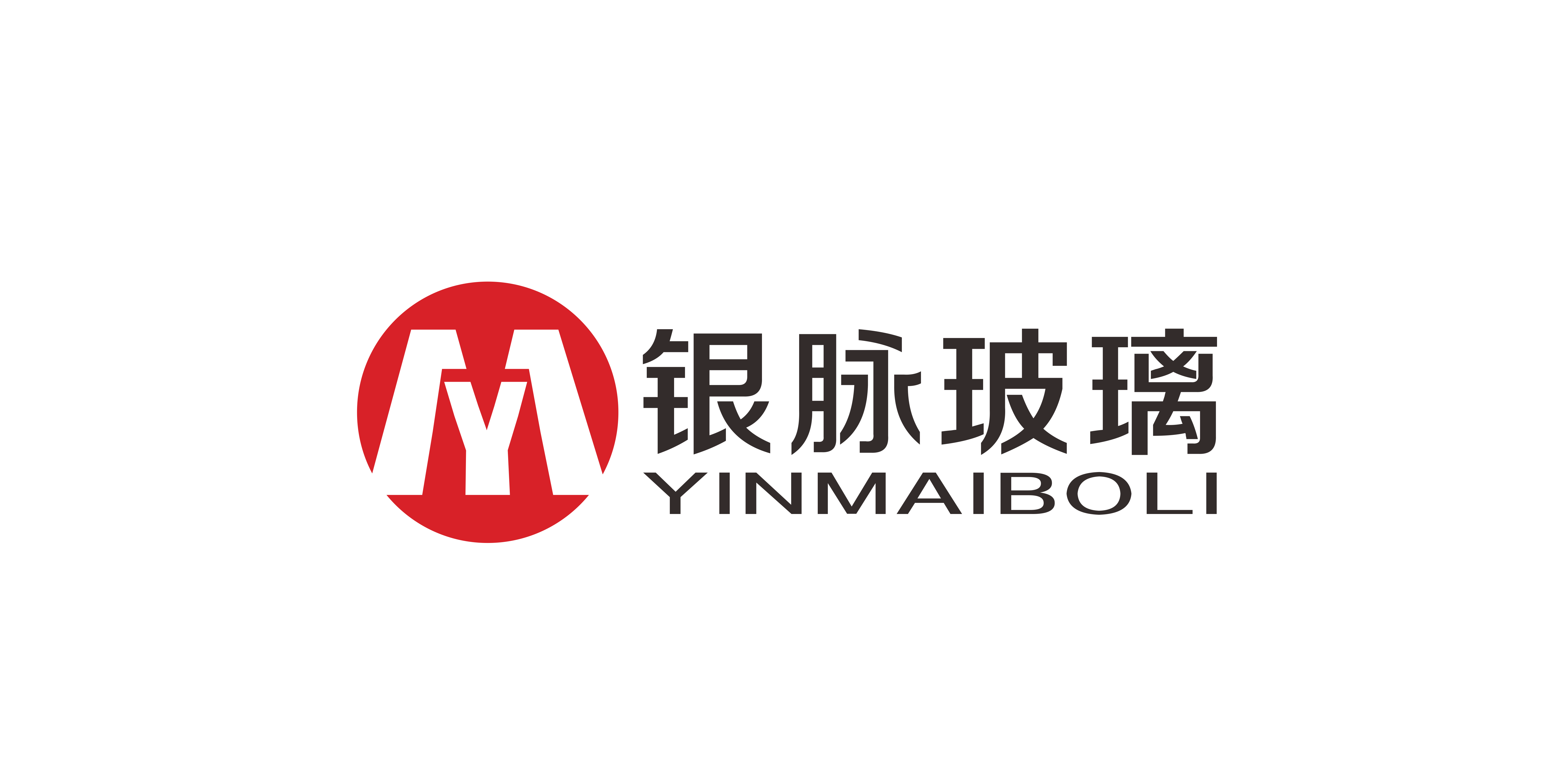Sustainable Cosmetic Packaging: The Rise of Reusable Glass Bottles
The Environmental Impact of Cosmetic Packaging Choices
Plastic vs. Glass: A Sustainability Comparison
Plastic and glass packaging differ significantly in terms of environmental footprint. The production of plastic packaging is often more resource-intensive, involving petrochemical processes that emit carbon dioxide, whereas glass production primarily involves the melting of silica sand, which is less pollutive. Statistics highlight the disparity in recycling rates: only about 9% of plastic waste is recycled globally, while glass can be recycled infinitely without loss of purity or quality. The environmental consequences are dire, especially for plastic, as it perpetuates pollution in marine ecosystems. According to studies by organizations like Greenpeace, approximately 8 million metric tons of plastic end up in oceans annually, wreaking havoc on marine life and disrupting ecosystems.
How Reusable Bottles Reduce Beauty Industry Waste
The introduction of reusable packaging in the cosmetic industry marks a shift towards reducing single-use plastic waste. Reusable bottles offer a sustainable alternative by allowing consumers to refill containers, significantly minimizing the need for new plastic production. Evidence from brands like Lush, which has implemented successful refill systems, demonstrates substantial waste reduction. These systems not only benefit the environment but also present economic advantages; they cut costs in production and offer competitive pricing for consumers. As more brands adopt reuse strategies, both ecological and economic sustainability become achievable goals for the industry.
Benefits of Glass Bottles in Sustainable Cosmetic Packaging
Infinite Recyclability and Chemical Resistance
Glass bottles offer unparalleled advantages when it comes to sustainable packaging. One of the primary benefits is their infinite recyclability. Unlike plastic, which degrades over time, glass can be recycled repeatedly without losing its integrity [source: Future Market Insights]. Statistics reveal that only about 9% of plastic waste is recycled globally, compared to glass, which can be recycled indefinitely. Additionally, glass provides superior chemical resistance, ensuring that cosmetic products remain safe from contamination and chemical leaching. This feature is particularly crucial for skincare and cosmetic items, allowing brands to maintain product integrity and consumer safety. Companies like Lush have successfully transitioned to glass packaging, receiving positive feedback for upholding the safety and efficacy of their products.
Premium Preservation for Skincare Formulas
Glass bottles are highly effective in preserving the efficacy of skincare products by providing an excellent barrier against UV rays and air. This protection is vital for skincare formulas, which often contain sensitive ingredients prone to degradation. Studies highlight that glass packaging significantly extends the shelf life of cosmetic products by minimizing exposure to external elements. Experts in the industry agree that glass is the preferred choice for maintaining product integrity, enabling consumers to experience the intended benefits of skincare solutions. There's a growing trend among consumers favoring glass packaging, as it signifies brand quality and reliability, resonating with eco-conscious individuals seeking premium beauty products.
Brand Alignment with Eco-Conscious Values
Choosing glass packaging aligns closely with a brand's commitment to environmental sustainability. Utilizing sustainable glass bottles can reinforce a brand's image as environmentally responsible, attracting a loyal customer base dedicated to eco-friendly practices. For instance, case studies from brands like Fenty Beauty show that embracing sustainable packaging significantly enhances market positioning. Eco-conscious consumers reward brands that align with their values, resulting in increased customer loyalty and brand differentiation in a competitive market. Surveys illustrate that a substantial proportion of buyers are inclined to purchase from brands adopting sustainable practices, showcasing the pivotal role of glass packaging in nurturing brand allegiance.
Innovative Glass Packaging Solutions for Beauty Brands
Customizable Luxury Glass Bottles (30-120ml)
Customizable glass bottles offer significant advantages in branding and consumer engagement for beauty brands. By tailoring packaging to reflect a brand’s unique identity, companies can enhance customer connection and boost brand loyalty. This trend aligns with a growing preference for personalized packaging in the beauty industry. According to a report, 44% of consumers are more likely to purchase products that allow for customization. Companies like Lush and Kjaer Weis are tapping into this trend, offering customers bespoke packaging solutions. Customized packaging is not just about aesthetics; it represents a deeper engagement strategy that meets consumer desires for unique and individualized product experiences.
Frosted Square Foundation Bottles with Pump Dispensers
Frosted glass foundation bottles present both aesthetic appeal and functionality, increasing their value in premium packaging. The frosted finish gives a sophisticated, luxurious look, while the pump dispenser minimizes product waste and ensures ease of use. Research shows that 60% of consumers prefer pump dispensers over other methods, citing convenience and hygiene. This preference aligns with the broader trend towards sleek, minimalistic designs in the beauty market, indicating a move towards packaging solutions that prioritize both elegance and usability.
Straight-Sided Cream Containers for Premium Presentation
The straight-sided design of glass containers enhances product presentation by maximizing visibility and shelf appeal. This sleek yet functional approach has gained popularity in the beauty industry, as seen in successful product lines from brands like Estée Lauder and Clinique. The configuration allows for better branding opportunities and is adaptable for a variety of cream types, whether for face, body, or specialized treatments. Consumers are drawn to the clear and straightforward aesthetics, influencing purchasing decisions significantly.
Thick-Bottomed Glass Bottles for Enhanced Stability
Thick-bottomed glass bottles are increasingly favored for their durability and stability, crucial factors for both product safety and aesthetic appeal. This structural integrity ensures a premium feel and minimizes breakage risks, adding to the perceived value of the product. Design trends show a growing consumer appetite for robust and elegant packaging, as supported by feedback from luxury brands like Chanel and Dior. These features not only safeguard the product but also help brands distinguish themselves in a crowded market by offering reliability with style.
Implementing Sustainable Packaging Strategies
Certifications for Environmental Compliance
Obtaining key certifications like ISO 14001 and Cradle to Cradle is crucial for companies aiming to enhance their brand credibility and consumer trust. These certifications indicate adherence to high environmental standards, reassuring consumers that the products have minimal impact on the planet. According to industry data, consumers increasingly prefer products from brands committed to sustainability, with a notable shift in purchasing behavior towards certified sustainable products. This trend highlights the growing demand for environmental compliance and the influence of certifications on market dynamics.
Design Considerations for Refill Systems
Designing effective refill systems presents both challenges and opportunities in promoting sustainability. To tackle these challenges, brands focus on creating user-friendly systems that minimize environmental impact. Successful implementation by companies like [The Body Shop](https://www.thebodyshop.com) has shown considerable impact in waste reduction. Consumer interest in refill systems is on the rise, supported by survey data indicating that over 70% are willing to try such systems. This trend underscores the importance of innovative design strategies in enhancing consumer engagement and promoting sustainable practices.
Combining Glass with Other Eco-Friendly Materials
Exploring combinations of glass with sustainable materials like bamboo or recycled plastics opens doors to innovative packaging solutions. Brands like [LUSH](https://www.lush.com) have successfully used mixed materials, enhancing functionality while positively impacting consumer perception. However, integrating these materials can pose challenges, such as recycling complexities and adapting consumer preferences to new designs. Balancing these factors is crucial for brands aiming to preserve their eco-friendly appeal while navigating the complexities of mixed-material packaging.
